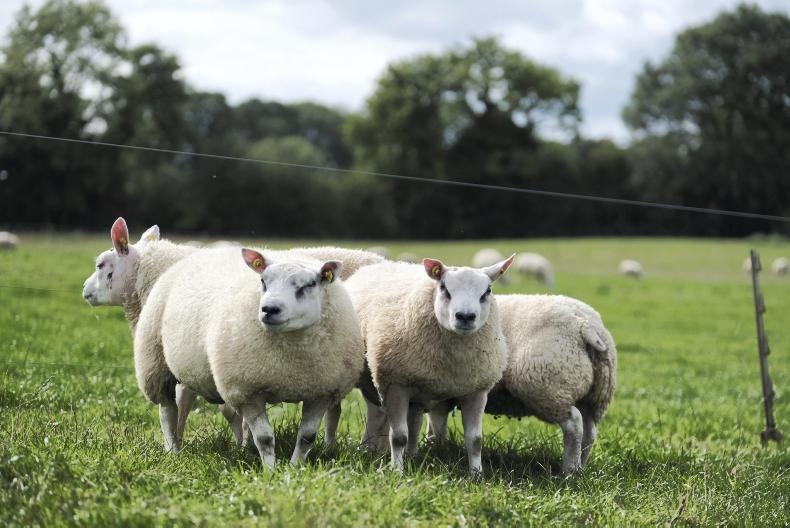When the UK joined the EU in 1973, a major concession was secured by New Zealand (NZ) to maintain the level of sheepmeat access it had enjoyed prior to the UK becoming a member.
However, the bonus for NZ was that the access wasn’t just for the UK alone, but the markets in the other eight member states of the then-EEC.
Therefore, NZ has enjoyed a privileged position for access of 230,000t of sheepmeat, whereas Australia, the other major exporter of sheepmeat in the world, was confined to 9,000t.
The UK remained the main destination in the EU for NZ lamb over the 47 years since, but significant sales, at one point up to half the quota, was sold to the other EU countries. Now that the UK is gone, what is the position with the quota?
Proposal rejected
Ironically, it was one of the first things that the UK and EU agreed on Brexit. They decided that the NZ quota should be divided between the UK and EU on the basis of the actual volume sold by NZ in the EU27 and the UK over the past three years.
Of course, this was complicated by the fact that the EU hasn’t filled its 230,000t over recent years, so it was going to be allocated pro rata.
However, NZ wouldn’t accept this. It protested to WTO, which arbitrates on all matters relating to trade between countries, that this wasn’t as beneficial to them as having a 230,000t quota that they could use in either the EU or UK and that, by dividing it, they had less flexibility.
A further twist is that by 2019, the EU fell behind China as New Zealand’s number one export destination, with just 50% of the quota filled.
It was expected that the gap would grow further this year, but because of coronavirus, China is surrounded by uncertainty for at least the immediate future.
Future trade
Aside from this, NZ and Australia are also in negotiation with the EU on a free trade agreement, in which access for beef and sheepmeat will be major asks, especially in the case of Australia.
No doubt an agreement will be negotiated at WTO that will resolve the NZ-EU-UK relationship allocation of the quota, but it serves as a timely reminder of just how complex the unravelling of a 47-year relationship is.






 This is a subscriber-only article
This is a subscriber-only article










SHARING OPTIONS: